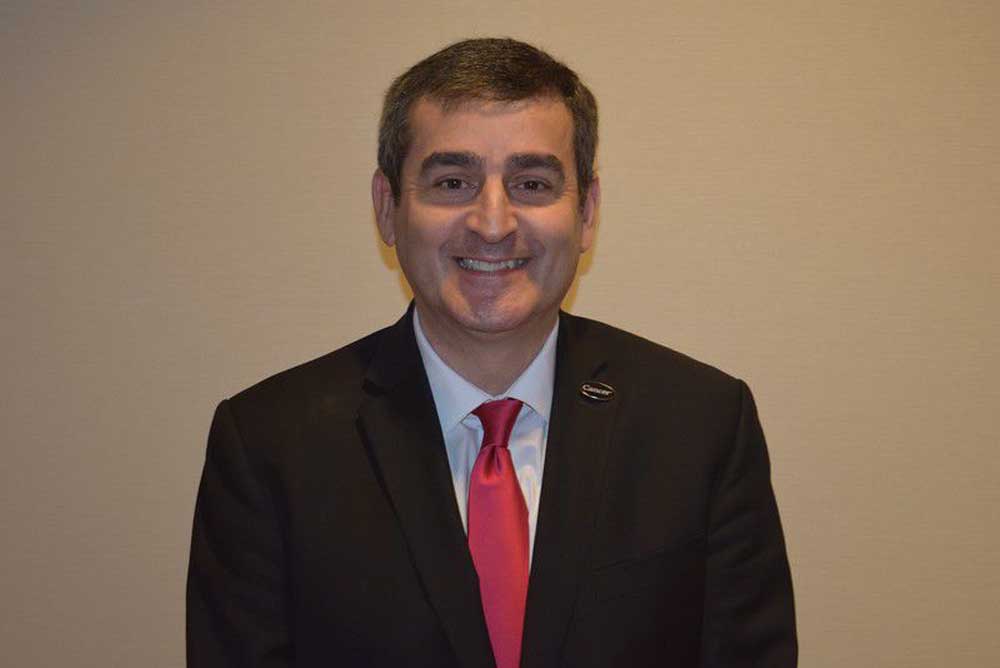Dr. Joxel Garcia addresses attendees at UT Health Northeast’s 2016 Cancer Conference
Published 1:54 pm Saturday, December 3, 2016

- Dr. Joxel Garcia, the executive director of MD Anderson Cancer Center’s Moon Shots Program's cancer prevention and control platform,
Dr. Joxel Garcia, the leading physician of the MD Anderson Cancer Center’s Moon Shots Program’s cancer prevention and control platform, believes more collaboration between those in the healthcare field and the general public is needed to better fight and prevent the disease.
As the featured speaker at UT Health Northeast’s 2016 Cancer Conference, Garcia said that for years many doctors and researchers have not shared and pooled together their resources and that must change in order for more advances to be made.
“For me, (it) is best when you have members from science, policy, members of the administration working in conjunction and discussing this with the community,” Garcia said. “I think we have failed in the medical field for generations (for) keeping everything to ourselves.
“I think we have to empower our community and empower all the stakeholders to understand essentially the effects,” he said.
Inspired by America’s drive, a generation ago, to put a man on the moon, the Moon Shots Program is an action plan intended to make a giant leap for patients to rapidly and dramatically reduce mortality and suffering in several major cancers.
“It is a (multifaceted) approach to find, not only cures, but process to prevent cancer (and) detect cancer earlier,” Garcia said.
At the conference, Gacia expressed the importance of several forms of cancer prevention. He also talked about possible advancements in biomarkers that could predict cancer in patients.
“If we move the needle from a stage three and four to a one and two, then the doctors can actually cure that patient, the cost (for) that patient will actually be lower,” he said.
Garcia expressed that right now cancer is an epidemic, and members of the public, looking to prevent the disease, could eat healthy foods, protect themselves from UV rays and avoid smoking to reduce their chances of catching the disease. He recommended that parents with children ages 13 to 25 have them vaccinated for HPV.
He also shared advice for those who may receive the diagnosis.
“The most important thing is that a person, who has been diagnosed with cancer, (should) talk with a doctor, identify what the prognosis they have for the disease and then, if there is a clinical trial they can participate in, if they have a significant late stage of the disease,” he said.
As for those in the crowd at the conference, Garcia said they were very engaged and that he will know it was a success if he gets at least five follow up emails from attendees.
“Usually that is a reflection that they were very interested in the conversation,” he said.
TWITTER:@TMT_Augusta







